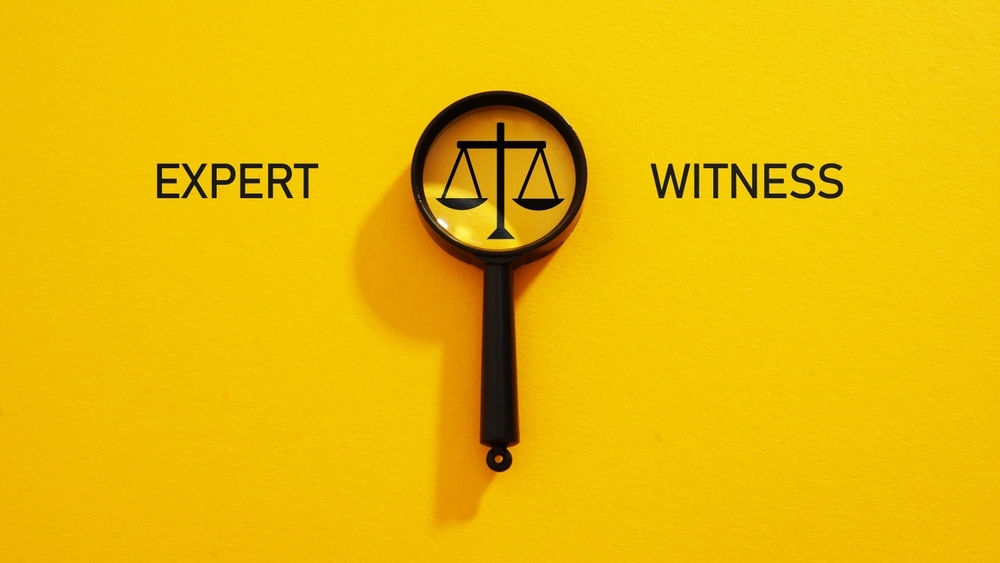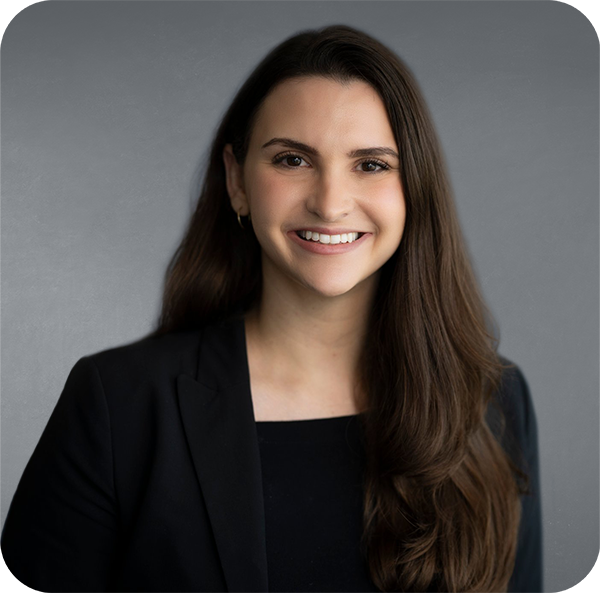
When a patient believes they’ve suffered harm due to a medical professional’s negligence, filing a medical malpractice claim can be a daunting process. At the heart of these cases lies one critical element: the expert witness. Expert witness testimony often determines whether a claim succeeds or fails. But what exactly do expert witnesses do, and why are they so essential in malpractice litigation?
Understanding the Purpose of an Expert Witness
Medical malpractice cases hinge on whether a healthcare provider deviated from “the standard of care,” which is the level of skill, competence, and diligence expected of a reasonably qualified professional in the same field under similar circumstances. Because this standard is technical and requires medical knowledge, expert witnesses help judges and jurors understand whether the healthcare provider’s actions met or fell below the standard of care. Expert witnesses explain what should have happened and how the defendant healthcare provider’s actions (or inaction) may have caused the patient’s injury.
Types of Expert Witnesses in Medical Malpractice Cases
Standard of Care Experts
These are often practicing physicians or specialists who testify about what a competent healthcare professional in the same field would have done in similar circumstances. For instance, a board-certified obstetrician might testify about the proper response to fetal distress during labor.
Causation Experts
Even if a healthcare provider’s negligence is proven, the patient must also show that the healthcare professional’s negligence directly caused his or her harm. Causation experts explain how the provider’s negligence led to the injury, such as how a delayed diagnosis of infection caused irreversible damage.
Damages Experts
These experts, which may include economists or life-care planners, assess the extent of the patient’s injuries, future medical needs, lost earning capacity, and long-term costs associated with the malpractice.
Qualifications and Credibility
Expert witnesses must meet specific qualifications to testify, which vary by state. Generally, they must:
- Have the same or similar training and experience as the defendant;
- Be actively practicing in the same field;
- Be familiar with the accepted standards of care.
Courts carefully review an expert’s credentials and methodology. A credible expert can strengthen a case, while a poorly chosen or biased expert can undermine it.
How Expert Witnesses Shape the Case
- Before filing a lawsuit: In many states, a plaintiff must obtain an affidavit or “certificate of merit” from a qualified expert affirming that malpractice occurred.
- During discovery: Experts review medical records and other materials to build a clear narrative of what went wrong.
- At trial: Experts explain medical concepts in plain language for the jury and may use diagrams or models to illustrate key points.
Expert witnesses are the backbone of a medical malpractice case. Their insight transforms complex medical evidence into understandable, credible testimony that helps courts determine whether negligence occurred. Attorneys at Anapol Weiss understand the critical role expert witnesses play in proving medical negligence. Our team has extensive experience identifying and working with highly qualified medical experts to build strong, evidence-based cases that give our clients the best chance for a successful outcome and justice. Contact us today to schedule a consultation.
Disclaimer: This blog is intended for informational purposes only and does not establish an attorney-client relationship. It should not be considered as legal advice. For personalized legal assistance, please consult our team directly.

